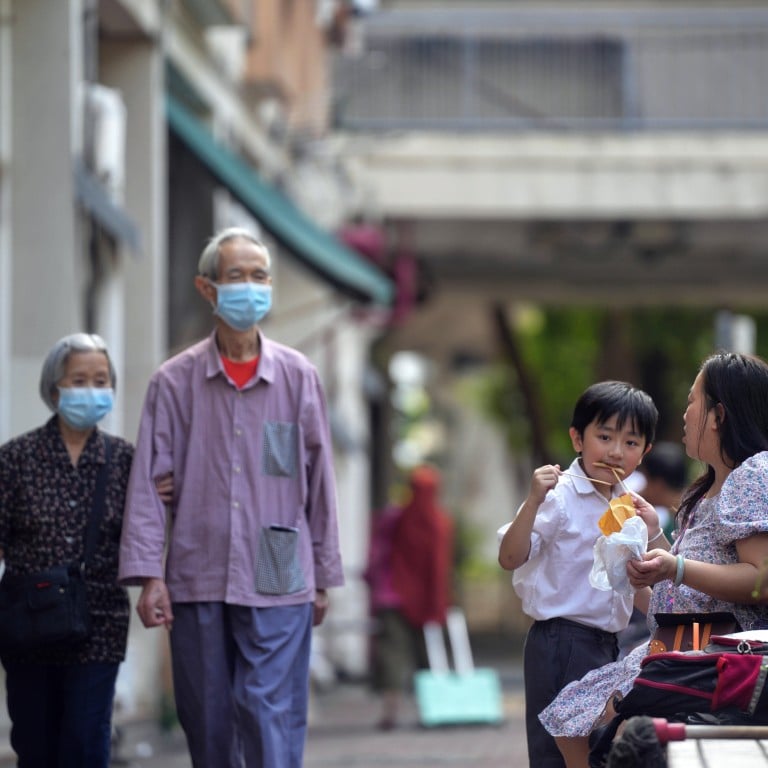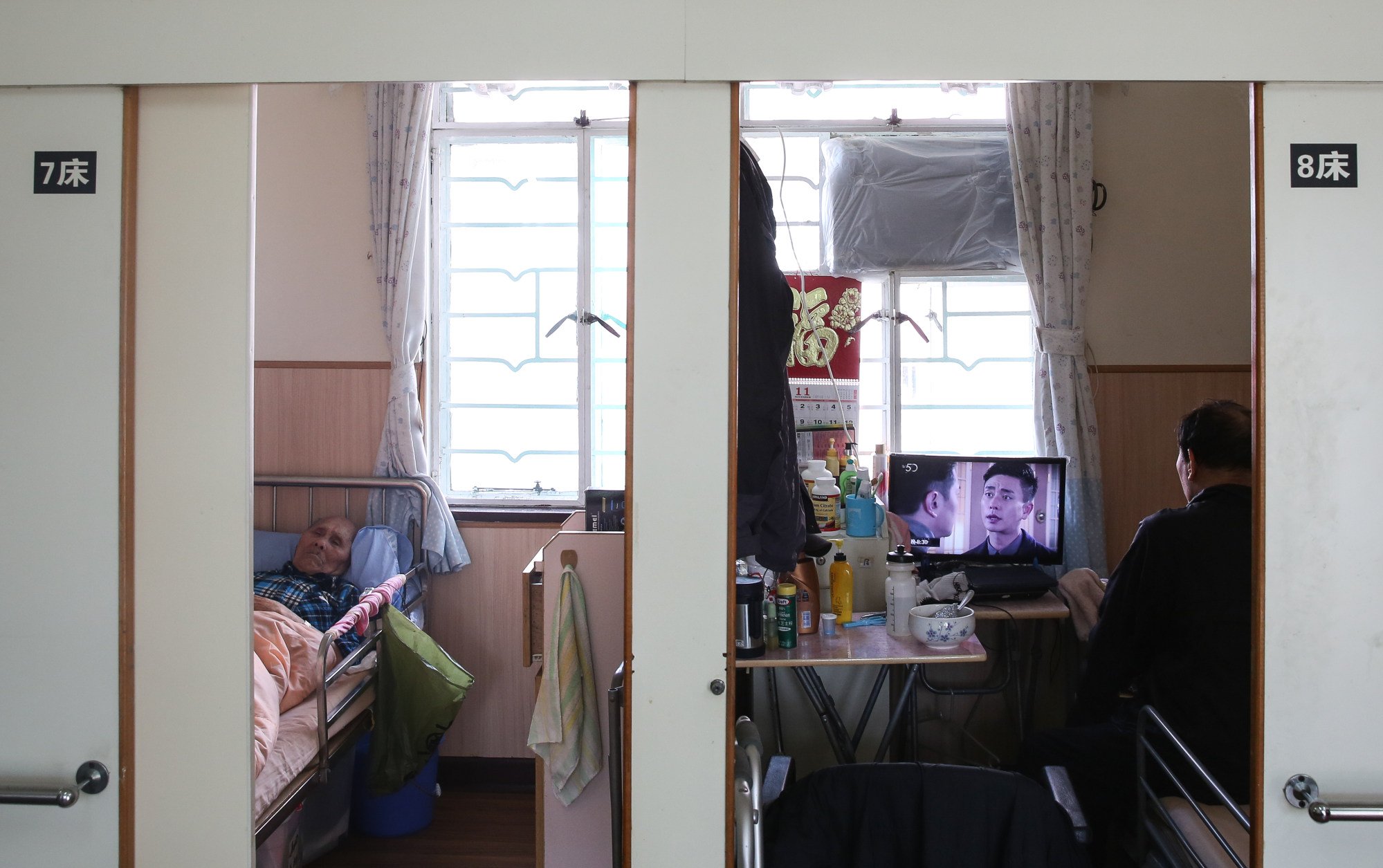
Hong Kong study finds volunteer work reduced loneliness in elderly people during coronavirus crisis
- Older residents supported by peers had lower levels of depression and anxiety, joint university study finds
- Researchers urge government and social welfare organisations to use peer mutual support systems in future health crises
Researchers from the Education University (EdU) and City University (CityU) on Wednesday said the research showed that volunteering was beneficial for those who gave the support and the people they cared for. They urged the government and social welfare organisations to use peer mutual support systems in future health crises.
“Loneliness is a serious problem,” Professor Chou Kee-lee from EdU’s department of social sciences and policy studies said. “Our study was to find a way to reduce the elderly’s feelings of loneliness.”

The team, made up of Hong Kong researchers as well as experts from the United States and Germany, carried out the study in two parts from 2021 to early 2023.
They recruited 375 residents aged 50 to 70 for the first part of the study to see whether volunteering could reduce loneliness, before they were randomly assigned to two groups.
One was given training workshops for six weeks before they started to provide volunteer services to the elderly for at least six months. The other group was given the same amount of time, but devoted to psychological education training with no voluntary work.
Professor Dannii Yeung Yuen-lan of the department of social and behavioural sciences at CityU said those who took part in volunteer work showed a significant reduction in loneliness compared with the other group.
Poster boys, girls for a greying Hong Kong show age no obstacle to staying fit
“Those who took part in volunteering showed reduced feelings of loneliness, more social participation and support, and reduced mental stress and anxiety,” she added.
The second part of the study involved 1,151 people aged 65 and over who lived alone and had a monthly income of less than HK$4,500 (US$575).
The participants were offered help from the people taking part in the volunteer activities in the first part of the study.
Researchers found that after six months people who received help, such as being taught to improve their concentration and join more activities, reported less loneliness and improved sleep quality.
They also said they had reduced symptoms of depression as well as decreased anxiety levels compared with those who were only engaged in simple conversations with their peer volunteers.
Hong Kong family happiness at 6-year low; Covid-19 aftershock still a problem
Associate Professor Jiang Da of EdU’s department of special education and counselling said relatively young and capable elderly residents could increase their well-being and contribute to society during a crisis through voluntary work.
She added low-income elderly residents who were older and living alone could also benefit from peer support. She asked authorities and service organisations to adopt the peer mutual support approach in future health crises.
“Society is ageing with a shrinking labour force,” Jiang said. “We hope the authorities and relevant organisations can provide service opportunities for capable seniors to contribute to society, while those who are lonely and have limited resources can feel cared for through the influence of their peers.”
Hong Kong’s population is ageing rapidly. The number of elderly people aged 65 or over is expected to increase from the 1.45 million recorded in 2021 to 2.74 million by 2046, excluding foreign domestic helpers.
The 2046 figure means people aged 65 or above will make up 36 per cent of the city’s population – more than one in three of its residents.

